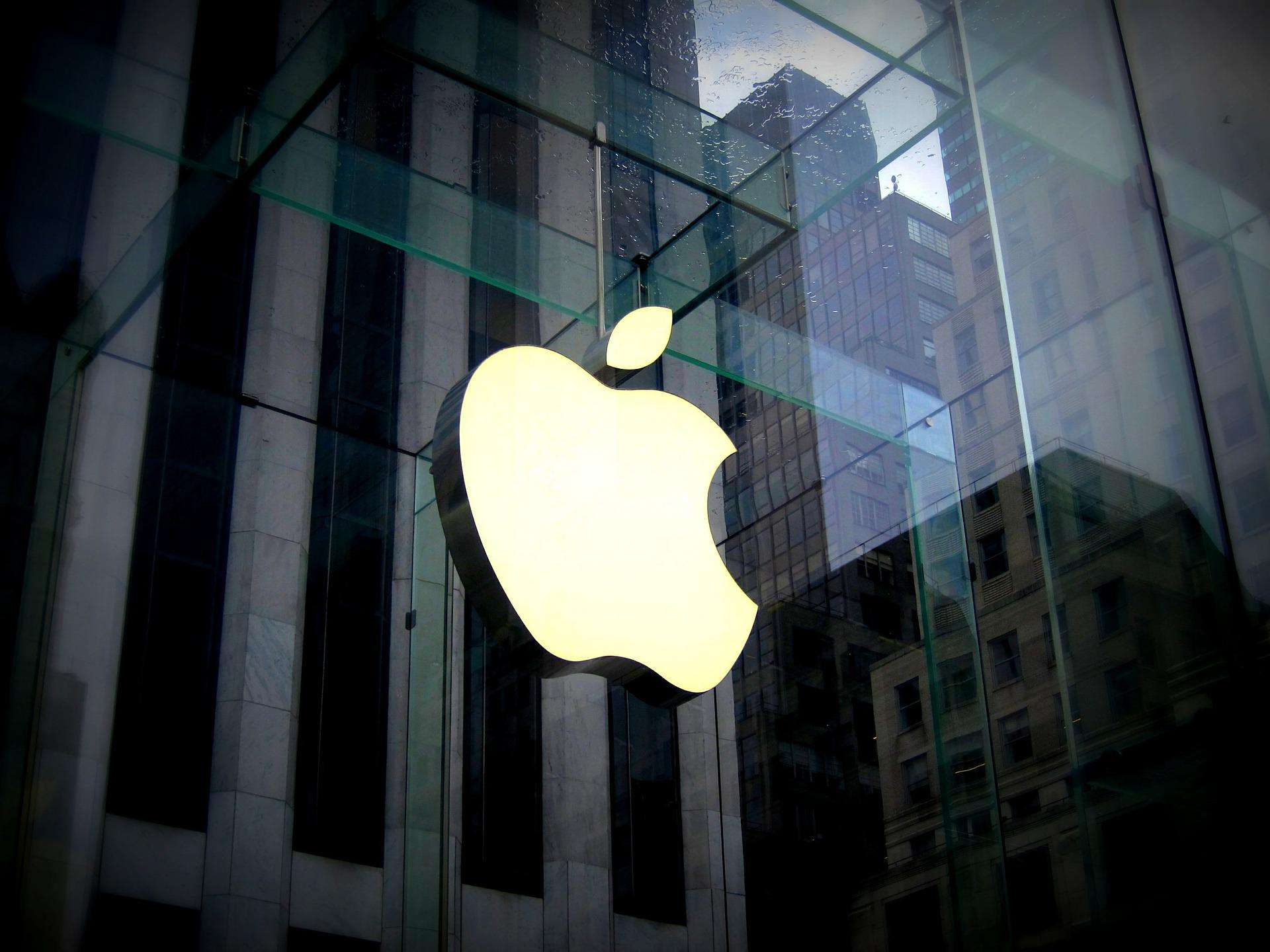
- DOJ sues Apple for monopoly, saying its App Store rules harm competition and innovation.
- Apple charges a 30% fee on app payments, limits crypto use, and blocks alternative app stores.
The United States Department of Justice (DOJ) has initiated legal action against tech giant Apple, alleging antitrust violations related to its App Store policies. Backed by 16 state attorney generals, the lawsuit accuses Apple of leveraging its dominance in the smartphone market to stifle competition and innovation.
According to the DOJ, Apple’s App Store guidelines and developer agreements impose restrictive rules, forcing developers to use its payment system and creating a monopoly. According to the lawsuit, these regulations allow Apple to raise prices, restrict innovation, and restrict competition from other payment methods, such as those that rely on cryptocurrencies.
Legal experts predict a prolonged legal battle if the DOJ’s allegations hold weight. Past cases indicate that such lawsuits can take several years to resolve. Such lawsuits may take several years to conclude, according to prior cases. For example, the case brought by the DOJ against Google was started in 2020, but it wasn’t until 2023 that it got to trial. More time is expected before any meaningful compensation or other consequences are enforced.
Implications for Developers and Consumers
The lawsuit highlights the detrimental effects of Apple’s policies on developers and consumers alike. The DOJ contends that the 30% fee developers must pay for apps and in-app purchases is excessive for services or content Apple did not create.
Furthermore, the popularity of cryptocurrencies in apps has been hampered by Apple’s limits on alternative payment methods, which have also restricted the usefulness of some platforms, such as nonfungible token (NFT) marketplaces.
Additionally, Apple has a history of legal tussles with the DOJ, including a previous lawsuit in 2012 over ebook pricing. Analysts suggest that while the current lawsuit may create a headline risk for Apple, it might not immediately threaten its financial standing. Morgan Stanley analysts contend that fundamental reasons are more likely to impact Apple’s stock price sooner than the ongoing legal challenges.
Apple’s financial prospects are not necessarily doomed by the lawsuit’s focus on iPhone-related issues. Analysts surmise that the effect on iPhone user retention or service revenues may be minimal even under the worst-case scenario, where Apple is forced to pay fines and relax limitations on its iOS platform.
Apple’s control over its App Store has also raised concerns about innovation and market access. The Department of Justice claims that Apple penalizes developers who question its monopoly position by enforcing its rules indiscriminately. Moreover, developers’ and customers’ options and creativity are restricted by the company’s policies regarding digital wallets and web apps. Meanwhile, in the European Union, Apple faces pressure from the Digital Markets Act to offer alternative browser engines, payment functions, and app stores. However, Apple remains cautious, citing concerns over user privacy and security.
Response from Apple
Apple has fiercely refuted the claims made in the lawsuit, claiming that it is “wrong on the facts and the law.” The company contends that by giving the government excessive control over technological design, the case creates a risky precedent. However, regulatory pressure from the EU has already forced Apple to provide alternate app stores, payment methods, and browser engines.
The news of the lawsuit immediately affected the stock market, as Apple’s shares dropped 4% on release day. Even while the stock hasn’t moved much during after-hours trading, investors are likely keeping a close watch as the legal process plays out.























